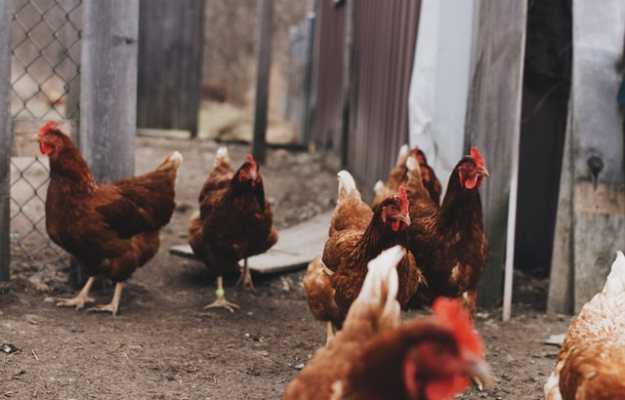Zoonotic diseases, or zoonosis (zoonoses in plural), are infections or diseases that are passed on from animals to human beings.
Severe acute respiratory syndrome coronavirus 2 or SARS-CoV-2, the virus responsible for the 2019-20 COVID-19 outbreak, is only the latest such pathogen to cause havoc worldwide.
HIV/AIDS is an example of a zoonotic disease, as it crossed over from primates to humans in the 1920s in what is now the Democratic Republic of the Congo.
Swine flu is another example. It started out as a type of bird flu that couldn't affect humans, till it mutated inside a pig (swine) to become a pathogen that can indeed harm people—swine flu caused an outbreak that started in America in 2009 and spread as far as India.
According to a study published in the journal Philosophical Transactions of the Royal Society, as many as 1,415 different pathogens cause diseases in humans. Of these, 868 or a staggering 61%, are zoonotic.
It is also estimated that of an additional 175 pathogens responsible for emerging diseases today, 132 may be zoonotic.
Zoonotic diseases can be of varying types, from routine infections that can go away in a matter of days to severe and life-threatening ones, much like the new one that has resulted in a global pandemic that has lasted over seven months. So far, more than 12 million people have been infected by COVID-19 and the death toll has crossed 555,000 the world over.
Read more: World’s deadliest viral infection
COVID-19 is a zoonotic disease
COVID-19 is suspected to have spread from the wet market (an animal, seafood and wild meat market) of Wuhan in China. Ever since then, there has been growing concern about diseases that can be passed on from animals—either by eating their meat or by being in close contact with them—in the future.
The SARS-CoV-2 virus, which causes COVID-19, is one of seven known coronaviruses that infect humans. Historically, these viruses have been passed on from bats to either humans or to other animals that act as carriers as well.
A carrier, also known as a vector, is a living being that carries the disease but doesn't get sick—mosquitos and ticks are prime examples of vectors.
Earlier coronaviruses were responsible for the outbreaks of Severe acute respiratory syndrome SARS in 2002 and Middle East respiratory syndrome or MERS in 2013.



































